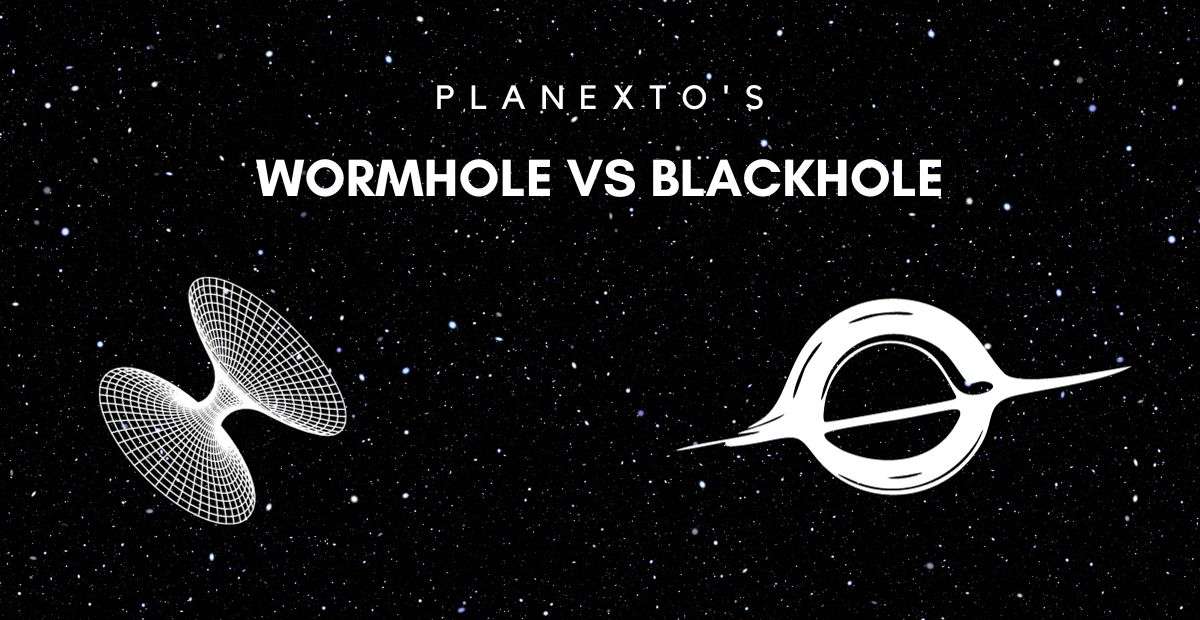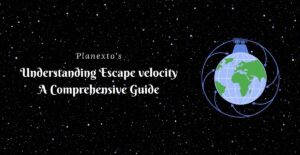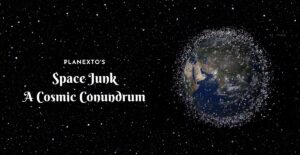Introduction
In the vast expanse of the cosmos, captivating the minds of astronomers and enthusiasts alike: wormholes and black holes. Understanding these cosmic wonders’ unique qualities, purposes, and breathtaking influence on the universe’s structure becomes crucial as we explore deeper into their details and we can have Wormhole vs Black hole comparisons

The Enigma of Wormholes
Definition and Structure
Wormholes, theoretical tunnels through spacetime, have long fascinated scientists and science fiction enthusiasts. Imagine a tunnel connecting two separate points in spacetime, providing a shortcut for cosmic travelers. Unlike black holes, which are formed by the collapse of massive stars, wormholes are purely hypothetical constructs predicted by the equations of general relativity.
Traversable or Hypothetical?
One of the primary debates in astrophysics revolves around the question of whether wormholes are traversable. While the theoretical framework allows for their existence, the possibility of using them for interstellar travel remains speculative.In order to find answers to the central query of whether wormholes could act as cosmic shortcuts, scientists are still delving into the subtleties of these mysterious formations.
Bridging the Cosmic void
In the hypothetical scenario where traversable wormholes exist, the implications for space exploration and our understanding of the universe would be profound. Bridging vast cosmic distances almost instantaneously, these tunnels could redefine the limits of human exploration and unlock the secrets of distant galaxies.
Phenomenon of Black Holes
The Gravitational Powerhouse
Unlike the speculative nature often associated with wormholes, Black holes emerge as astrophysical entities resulting from the gravitational collapse of massive stars. These celestial powerhouses possess immense gravitational pull, exerting an irresistible force that not even light can escape.
Event Horizon and Singularity
The defining features of black holes include the event horizon—the boundary beyond which nothing can escape the gravitational pull—and the mysterious point at the center known as the singularity. Understanding these concepts is critical for comprehending black holes and how they shape the cosmos.

Cosmic Recycling
Black holes play a vital role in the cosmic ecosystem, acting as celestial recyclers. As matter spirals into the event horizon, it undergoes a process of intense compression and transformation. The energy released during this cosmic recycling process contributes to the dynamic evolution of galaxies and the universe at large.
Wormhole vs Black Hole: A Comparative Analysis
Distinctive Characteristics
- Formation: Wormholes are theoretical constructs, while black holes are formed through the gravitational collapse of massive stars.
- Traversability: Wormholes, if traversable, could provide shortcuts through spacetime; black holes are one-way cosmic traps.
- Impact on Space: Wormholes, if real, could revolutionize space exploration; black holes contribute to the cosmic recycling process.
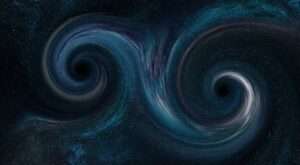
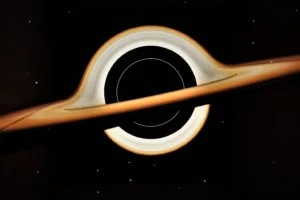
The Cosmic Significance
While both wormholes and black holes capture the imagination, their cosmic significance differs. Wormholes, if they exist and are traversable, offer the potential for interstellar travel.However, black holes shape the structure and evolution of galaxies due to their enormous gravitational pull.
Conclusion
In the big, beautiful cosmic tapestry woven by nature’s forces, wormholes and black holes are like the superstars—each with its own captivating charm. Whether they’re cosmic shortcuts or cosmic powerhouses shaping the destiny of galaxies, these celestial wonders really make us marvel at all the incredible mysteries the universe has in store!
FAQs
Q: Are Wormholes and Black Holes Connected?
A: While both Wormholes and Black Holes are intriguing cosmic entities, there is currently no scientific evidence to suggest a direct connection between the two. Wormholes are theoretical constructs, and Black Holes operate on a different set of principles.
Q: Can Wormholes Be Traversed?
A: The concept of traversable Wormholes raises fascinating possibilities for space travel. However, the feasibility of traversing Wormholes remains purely speculative, pending advancements in theoretical physics and a deeper understanding of spacetime.
Q: Do Black Holes Lead to Other Dimensions?
A: The idea of Black Holes serving as portals to other dimensions is a popular notion in science fiction. In reality, this remains speculative, as our current understanding of Black Holes is limited to their gravitational effects on surrounding matter.
Follow me on Quora
